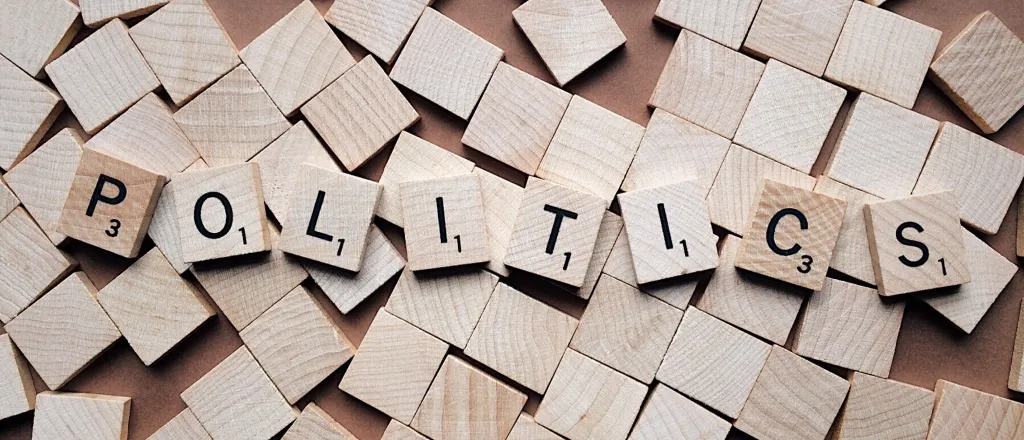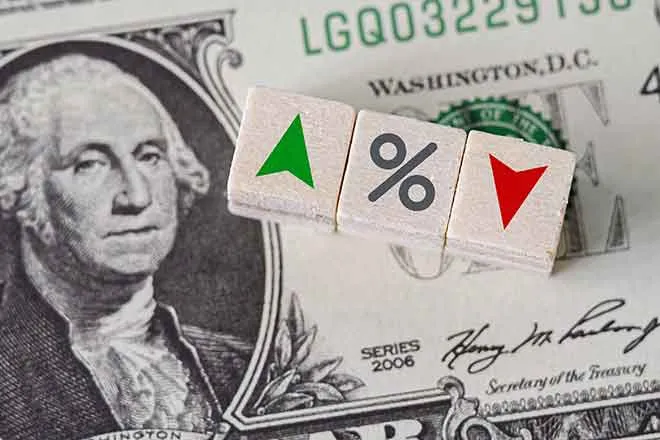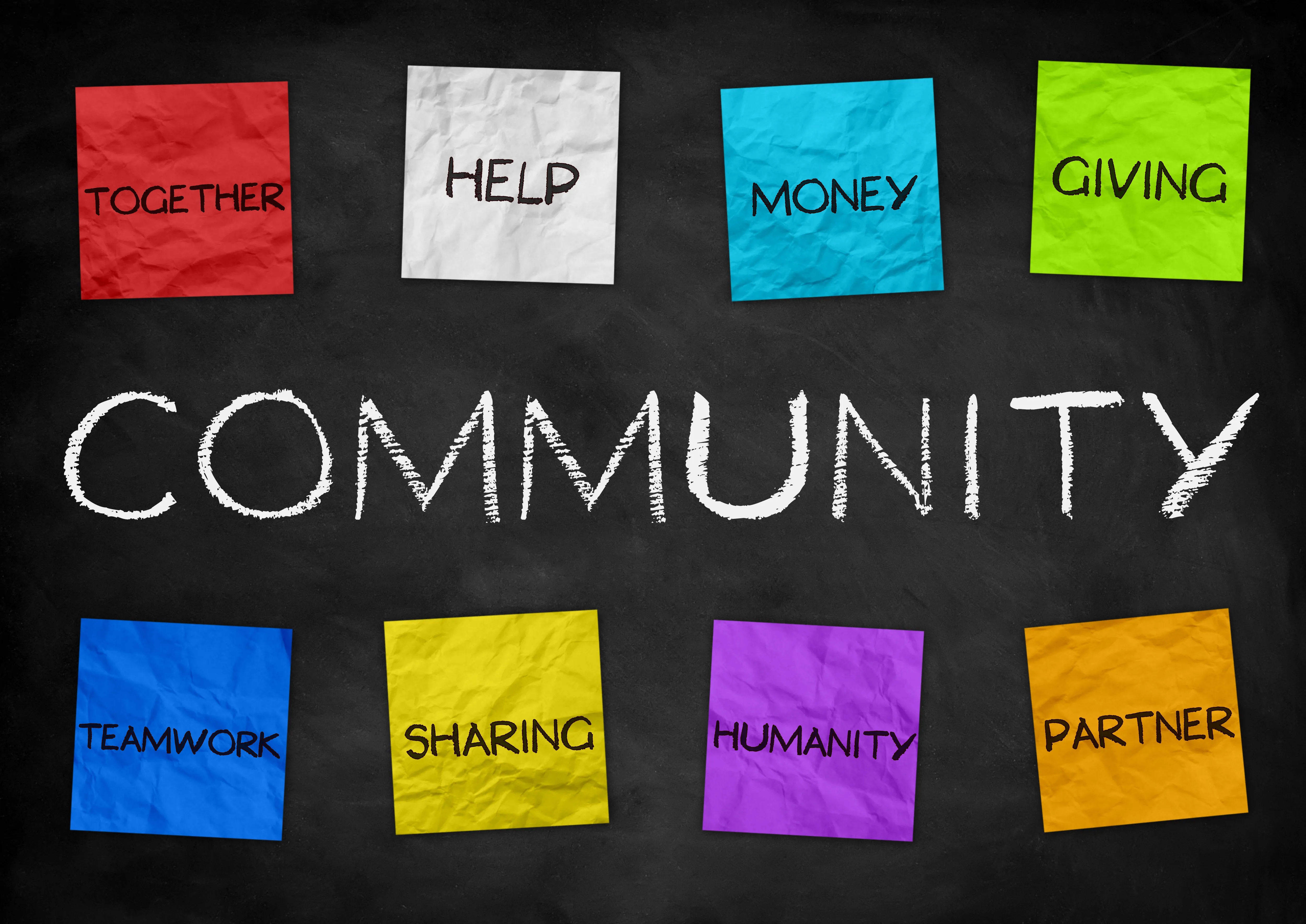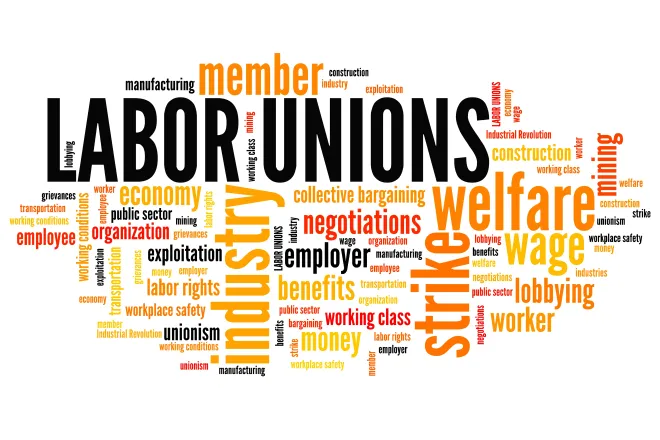
Politics: 2024Talks - October 8, 2024
Politics and views in the United States.
Conspiracy theories undermine recovery efforts in the Southeast, New Hampshire faces a federal lawsuit for enacting strict voter ID rules, and college student registrations are on the rise.
TRANSCRIPT
Welcome to 2024 Talks, where we're following our democracy in historic times.
Everyone, especially those in positions of power, must do everything they can to encourage survivors to register for assistance, not discourage them by allowing these falsehoods to fester.
White House Press Secretary Karine Jean-Pierre says conspiracy theories following Hurricane Helene are undermining recovery efforts.
With another massive storm on its way, local officials in several Southeast Asian countries say they're already fighting rumors that FEMA is seizing property or stealing donations.
Former President Donald Trump has falsely claimed disaster relief funds were being diverted to house undocumented migrants.
The North Carolina State Board of Elections has passed an emergency resolution to modify voting rules in devastated areas.
The board's executive director, Karen Brinson-Bell, says in some counties, they're allowing temporary voting sites and adjusting the rules around in-person and mail-in voting.
And they will help county boards of elections in Western North Carolina administer this election under extraordinarily difficult conditions.
The North Carolina legislature will convene Wednesday to consider registration and absentee ballot deadline extensions.
Voting rights groups in New Hampshire have filed a federal lawsuit against the state's new election law.
It requires photo ID to vote and proof of citizenship, without exception, for all first-time voters.
Henry Klementowich with the ACLU of New Hampshire says the way the law's written is ripe for abuse and profiling.
He says anyone could have their right to vote challenged and have a hard time defending it.
There's a theoretical right of appeal to the Superior Court.
It costs over $200.
They're not open as late as the polls are on Election Day.
It can take hours if you're lucky.
The law does not take effect until after next month's election.
A similar bill in Kansas was struck down by a federal judge in 2018.
Turnout among young people may be high this year, despite efforts in some states to make it harder for students to vote using college IDs.
More than two-thirds of college students voted in 2020, while it was closer to half in the previous presidential election.
And John Marcus with the Hechinger Report says registrations have soared, motivated by questions including abortion and guns.
They're being compelled to vote by a lot of issues.
They've also grown up around
- This is the generation that grew up with mass shootings in schools.
Vote.org says it registered a record 800,000 voters under 35.
New Yorkers will vote on the state's Equal Rights Amendment next month.
Proposition 1 enshrines protections against discrimination and puts abortion rights into the state's constitution.
Sasha Ahuja is with New Yorkers for Equal Rights.
New Yorkers are looking at the states that have rolled back access to reproductive health care and abortion - 22 states in total.
I'm Catherine Carley for Pacifica Network and Public News Service.
Find our trust indicators at publicnewsservice.org.
















